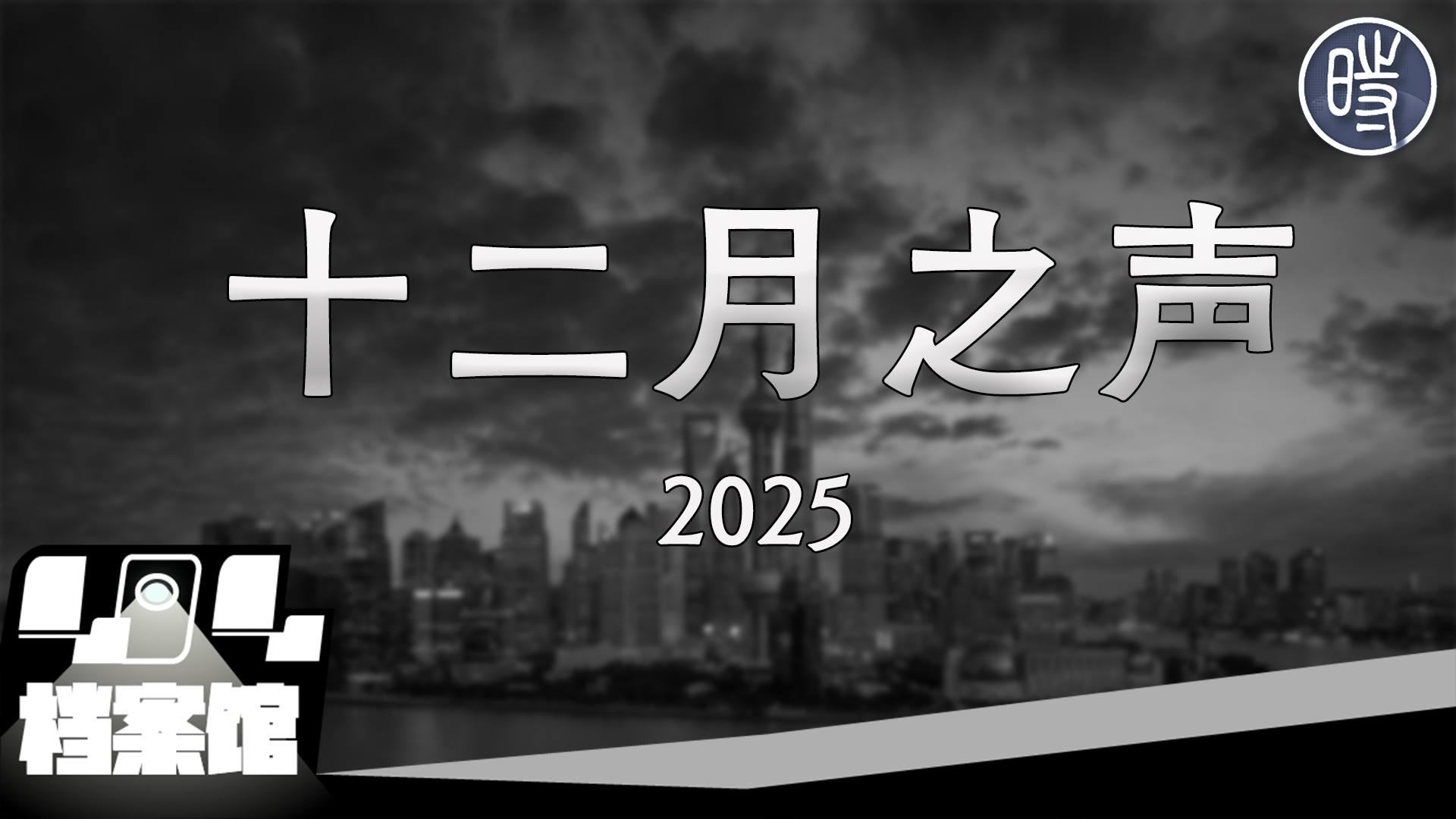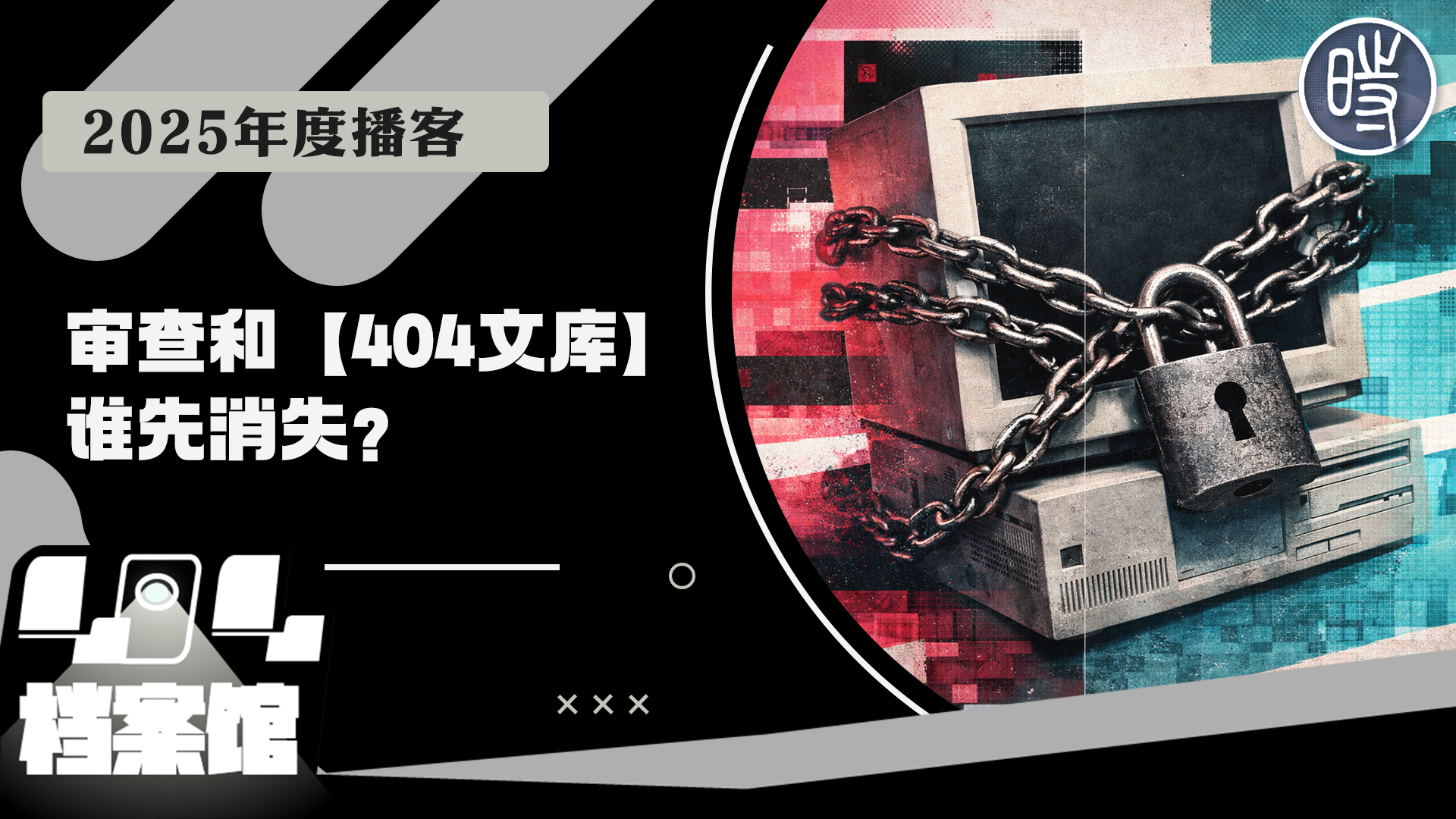作者:香港獨立媒體 | 评论(0) | 标签:香港, 新闻自由, 传媒伦理, 南华早报, Alex, Price, 王向伟, 阿蔼
文:阿蔼
南华早报在六月六日李旺阳被自杀的消息爆出当天,把详细的新闻故事删减为二百字的简讯,被视为封杀新闻。身份为吉林省政协的总编王向伟,被外籍同事 Alex Price 询问为何作出如此决定时,竟然说:「我不需要向你解释什么。我做了这个我认为正确的决定。若你不喜欢,你自己该知道如何做。」Alex Price 认为这个回复具威吓性,用意是叫他「闭嘴或辞职」。
Alex Price最后把自已与王向伟的电邮对答转给南华早报的同事,以下是电邮的原文及翻译。
六月七日的电邮:
Alex Price: Hi Xiangwei … A lot of people are wondering why we nibbed the Li Wangyang story last night. It does seem rather odd. Any chance you can shed some light on the matter?
Alex Price: 嗨向伟… 很多人都在疑惑为何我们昨晚把李旺阳的新闻压下去。这确实挺奇怪的,你可否解释一下呢?
王向伟: I made that decision.
王向伟: 这是我做的决定。
Alex Price: Any chance you say why? It’s just that to the outside world it looks an awful lot like self-censorship …
Alex Price: 你可否解释为何有这个决定呢?外界认为这看来太像自我审查。
王向伟: I don't have to explain to you anything. I made the decision and I stand by it. If you don't like it, you know what to do.
王向伟:我不须要向你解释什么。我做了这个我认为正确的决定。若你不喜欢,你自己该知道如何做。
六月十一日电邮对答:
Alex Price: I am concerned by the intimidatory nature of your reply. A very strange editorial decision was made and everyone is wondering why. Many other news organisations splashed with the Li Wangyang story yet we reduced it to a brief. In such circumstances it is quite reasonable to ask the editor why the decision was made. Of course he may decline to say why; there could be any number of reasons, and he may well want to keep them to himself. But if the question was polite and reasonable than then I see no reason why the response should not be equally polite and reasonable. As it stands, I am concerned. I am now worried that anyone who wishes to raise issue with an editorial decision – no matter how much that decision appears to go against good journalism – will be told to shut up or leave. I am further concerned that my justifiable concern on this matter as a journalist may lead to the termination of my employment.
I look forward to a chat where you can put my mind at rest.
Alex Price: 我对你具有威吓性的回复很关注。一个很奇怪的编辑决定做了,所有人都感到奇怪。很多其他的新闻机构都放大李旺阳的故事,而我们则以简讯的方法去处理。在这情况下,问编辑为何作出这决定是正常不过的。当然,他可以拒绝解释。可以有很多不同的原因,而他可以不向外公开。但若提问合理和有礼,我看不到有何理由回答不能以同样的方式作出。事到如今,我真的很在意。我担心若任何人就编辑违反新闻专业的决定提出异议,会被告诉要闭嘴或离开。我亦担心自己作为记者这合理的关注,会另我丢掉工作。
我期待可以跟你详谈以去除我的担懮。
王向伟: I don't think my answer is anyway intimidatory and I don't know why you have formed your opinion.
王向伟:我不明白为何我的回答具威胁性,我亦不明白为何你会有如此的意见。
Alex Price: Xiang Wei; A good man died for his cause and we turned it from a story into a brief. The rest of Hong Kong splashed on it. Your staff are understandably concerned by this. News is printing what someone else does not want printed. Everything else is public relations. Please explain the decision to reduce the suspicious death of Li Wangyang to a brief. I need to be able to explain it to my friends who are asking why we did it. I'm sorry but your reply of “it is my decision, if you don't like it you know what to do” is not enough in such a situation. Frankly it seems to be saying “shut up or go”. The SCMP has subsequently splashed on Li Wangyang, had a focus page devoted to the matter, plus editorials, two columns by yourself and other stories. Yet on the day it counted we reduced the story to a nib.
Journalistic ethics are at stake. The credibility of the South China Morning Post is at stake. Your staff – and readers – deserve an answer.
I look forward to hearing it.
Alex Price: 向伟:一个好人为了他的理念而死,我们把他的故事变成了简讯。而所有香港的(媒体)都放大这故事。你的员工当然关注这事。新闻是要写一些人不想让公开的事情,其他的都是公关新闻。请解释为何把李旺阳离奇死亡的故事变成简讯。我需要向那些询问我此事的朋友解释。很对不起,你的回答:「这是我的决定,你不喜欢的话,你自已识做」不足以解释。老实说,它更像在说:「闭嘴或离开」。南早最终到放大李旺阳的故事,做了一个专题页,还有编辑评论,你亦写了两个专栏和其他故事。但在最重要的一天,我们把故事缩细。
这是涉及新闻伦理的问题,而关乎南华早报的声誉。你的员工、读者应该有一个答案。
我期待听到这个答案。
王向伟,80年代毕业于北京外国语学院和社科院研究生院新闻系,目前是吉林政协。王曾在中国日报和英国的BBC中文网当记者,96年加入南早,时任中国商业记者。2000年升任为中国版主编,2007年再升任为南早的副总编。
在王向伟升任为主编前,南早高层经历了重大的人事变动,前主编蔡翔祁 Reginald Chau 于2011年3月底离职,执行总编 David Lague 也在同年6月离职,文化版编辑 Janelle Carrigan 在去年7月离任。新闻界中盛传,在委任王向伟为总编之前,南早的董事总经理郭惠光 (Kuok Hui-Kwong–郭鹤年之女)曾获安排与中联办主任王光亚单对单会面。
1993年,马来西亚企业家郭鹤年的公司嘉里传媒从梅铎手中买下南华早报,自2000年开始,发生多宗资深员工被辞去或辞职的事件,惹起外界指责,指南华早报协助中国政府侵害香港新闻自由。
本文由自动聚合程序取自网络,内容和观点不代表数字时代立场













